Unlock the dual code of football and explore a fundamental aspect of the game—next stop, Qidong!
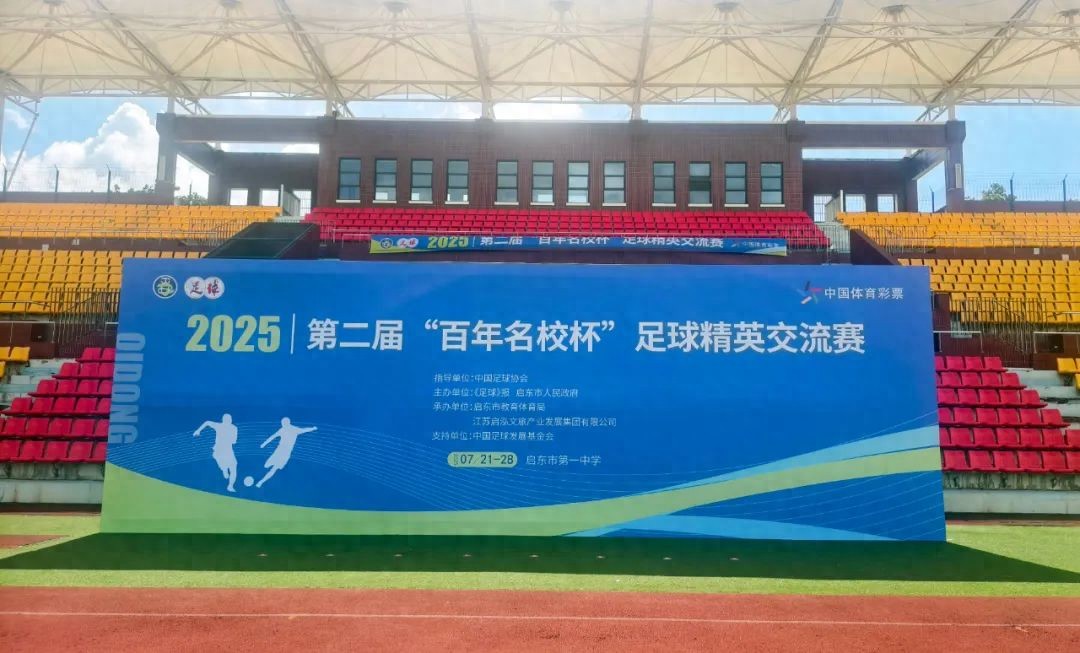
Chief reporter Chen Yong reports On July 19, in Qidong, Jiangsu Province, the sunset time was 18:59, whereas in Yecheng County, Kashgar, Xinjiang, where the reporter had visited a month prior, the sunset was at 22:16. The time difference between sunrise and sunset indicates a 3-hour difference, with a distance of about 5000 kilometers.
Football is what links these two locations despite their time differences and distances. Over the past month, our newspaper has organized several events, including the second "Kashgar Cup" youth football development exchange conference (in Yecheng County), the "Let Women's Football Go Home" national elite women's football exchange competition (in Xi'an), the 2025 Youth Women's Football Development Seminar (in Xi'an), and the second "Centennial Famous School Cup" high school competition (in Nansha District, Guangzhou). We are about to hold the second "Centennial Famous School Cup" elementary school competition (in Qidong). The reporter's journey has taken him to Kashgar, Xi'an, Beijing, Jinan, and Qidong, covering topics related to international invitation matches, professional leagues, women's football development, campus football, discussions on the development of football in Xinjiang, national team summaries and developments, elite youth training, and youth competition systems, among others.
Although these are different regions and various fields of football, the dual codes of Chinese football development and a major foundational aspect have become increasingly clear during this process. The dual codes are: passion and education; the major foundation is: the intrinsic driving force at the grassroots level.
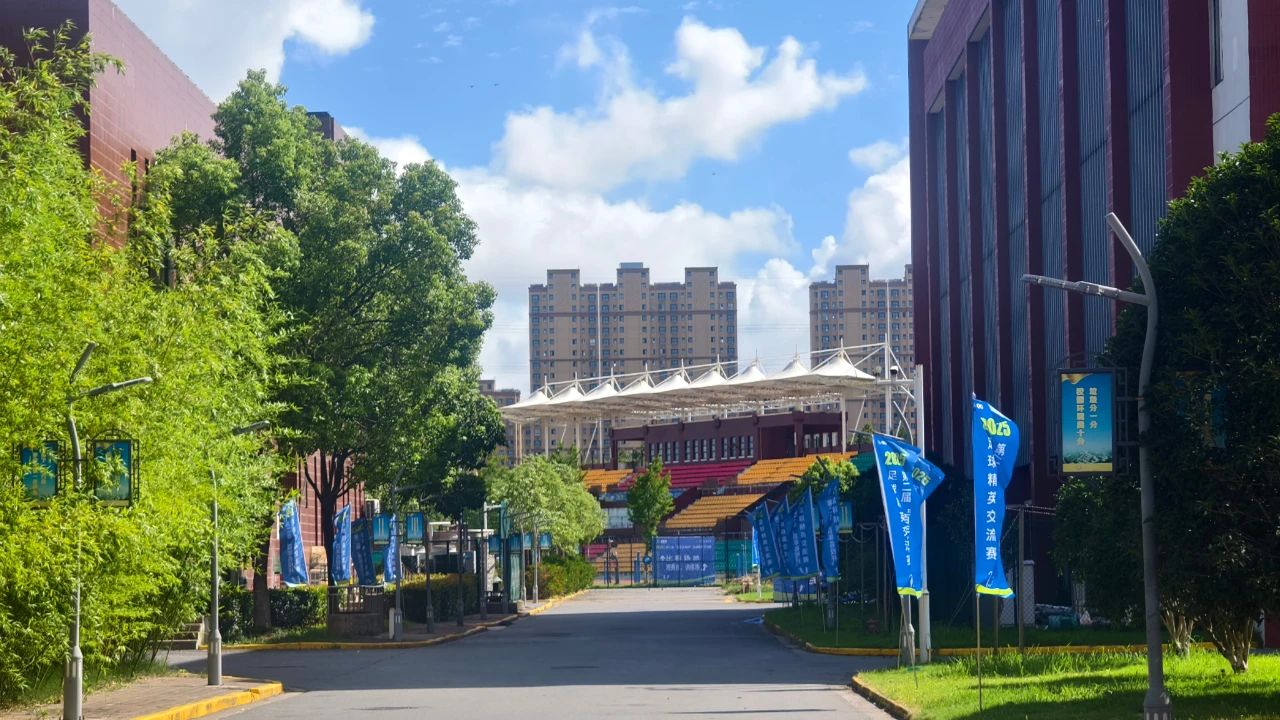

In his 26 years of experience, the reporter has noticed a common conflict arising when Chinese youth training connects with international youth training: the actual training effectiveness when foreign youth trainers lead teams is often poor. Initial discussions pointed to the training philosophies; European youth training philosophies focus more on learning through competition, developing players' competitive skills through systematic matches, while China's youth training philosophy emphasizes training, attempting to enhance competitive abilities through rigorous practice. However, later discussions revealed a significant gap in the amount of football knowledge absorbed and mastered by Chinese and European youth within the same timeframe, which ultimately points to passion: currently, Chinese youth, particularly those within the youth training system, often play football passively, lacking initiative, resulting in poor outcomes, whereas in Europe, youth play football out of genuine passion.
During the "Let Women's Football Go Home" elite exchange competition in Xi'an, several coaches expressed to the reporter that young female football players do not show high levels of focus on the sport. One example is on July 9 at 19:00, when the Chinese women's football team faced the South Korean women's team in the "East Asian Cup," undoubtedly a heavyweight match for women's football. The Xi'an Railway No. 1 Middle School opened a large conference room to broadcast this match, providing a cinema-level viewing experience and inviting all participating young female football players to watch, yet very few accepted the generous invitation.
Young athletes from Xinjiang have become frequent participants in national teams at various levels, and the development of football in Xinjiang has attracted nationwide attention, driven fundamentally by passion. In Artux, Kashgar, and Yecheng, one can see young people playing football not only on the fields but also in the streets and alleys, including the local community; during the "Kashgar Cup," many elderly people focused intently on the matches.
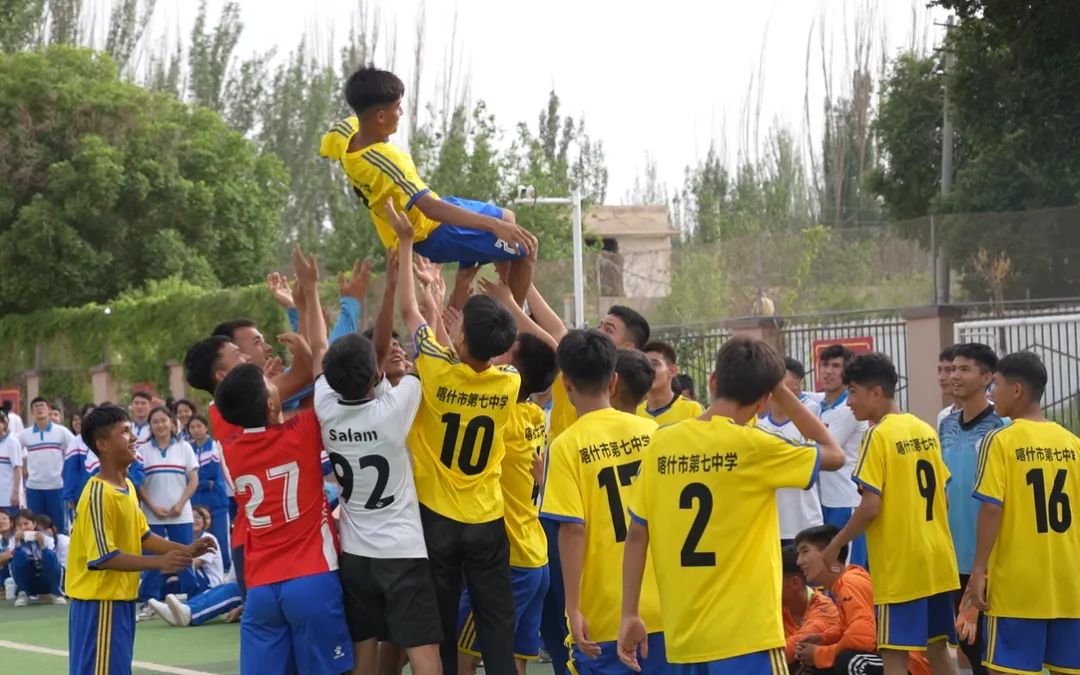
Regarding passion, the most negative example reflecting the current Chinese youth football training system is the issue of "premature specialization." Recently, the General Administration of Sport of China and the Chinese Football Association have noted that while the competition among Chinese youth women's football is still relatively intense, the technical and tactical quality, as well as fundamental skills, are quite poor. The level of technical and tactical quality may relate to the quality of the matches, but the poor fundamental skills are perplexing: the development of Chinese women's football relies on a professional system within the sports framework, with many female players starting specialized training at ages 7 to 8, year after year, yet ending up with poor foundational skills, which completely contradicts the laws of time in sports. However, upon closer examination, it is also evident that the differences are related to passion.
Premature specialization in training has overly diminished the overall enhancement of cultural quality, excessively focused on football while neglecting comprehensive athletic abilities, and more importantly, the concentrated training has largely drained their enthusiasm. Without passion, there is no fertile ground for absorbing football techniques and tactics, and issues related to personality inevitably arise.
In the development of Chinese youth football, the "extinguished passion" is far more alarming than the phenomenon of "retirement at age 12."
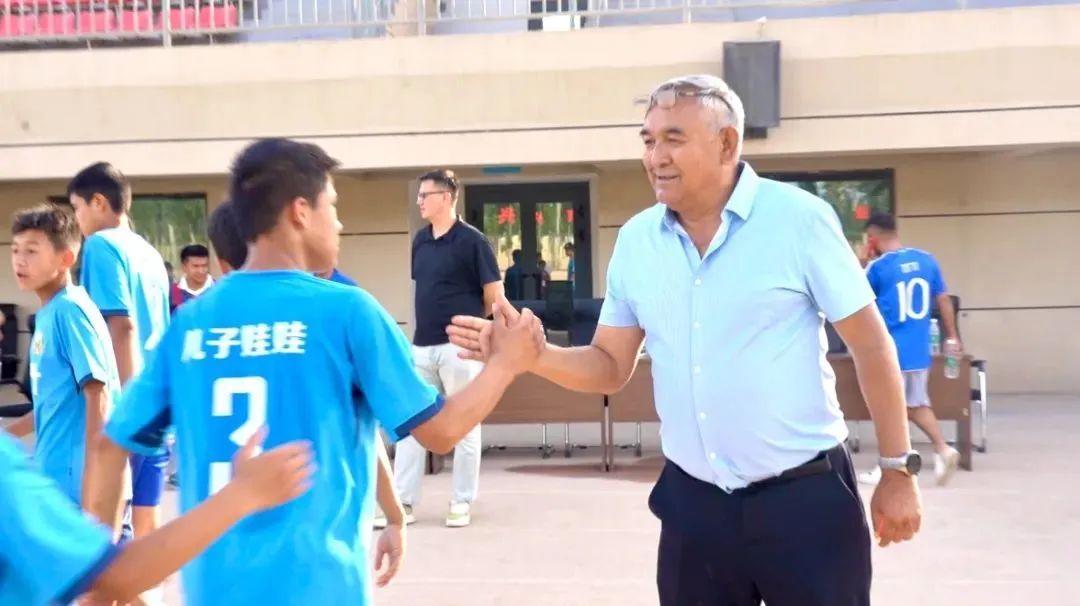

On the 22nd, the "Centennial Famous School Cup" elementary school competition will open in Qidong. The city of Qidong is located in Nantong, known as the birthplace of education in China. Zhang Jian, a modern industrialist and educator, rapidly elevated Nantong through industry and education. Moreover, phrases like "Nantong Exam Papers," "Huanggang Exam Papers," and "Haidian Exam Papers" are deeply ingrained in our memories. Not to mention, there is a saying that "China's education looks to Jiangsu, and Jiangsu's education looks to Nantong." Football in Nantong is also quite developed, having birthed the Super League team Nantong Zhiyun, which is currently on fire, winning all six matches and leading the league.
If passion is the intrinsic driving force for players, then education can give them wings to soar. In football, the "education" in the integration of sports and education generally refers to cultural education, which extends to comprehensive quality education. Conversely, football itself can also be seen as a form of education.
In Kashgar, children from Xinjiang demonstrate sufficient talent and passion. Reflecting on the over 20 years of youth football development in Xinjiang, they often surpass children from the eastern regions at the youth level, but their success rate declines significantly as they transition to youth and adult stages. Several issues contribute to this: firstly, the current professional football system is primarily based in the eastern regions, resulting in some integration obstacles; secondly, there are considerable gaps in the quality of training and matches in Xinjiang's football, including physical fitness, strength, and other football support systems, for instance, physical talents often fail to materialize due to a lack of proper planning and systematic training. Recently, we proposed a solution: Xinjiang needs to build a comprehensive internal circulation system for youth and adult football, supplemented by an improved support system, while connecting with Central Asia and the eastern regions to achieve high-quality development.
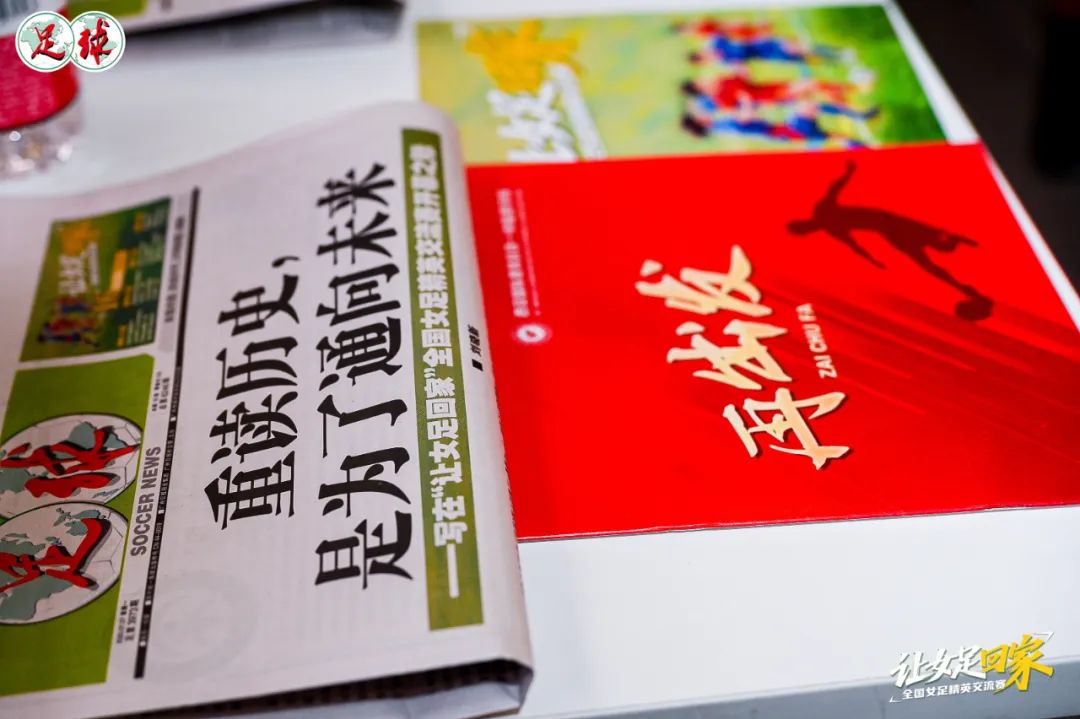
In Xi'an, the reporter once discussed with Ai Tingting, a special reporter for women's football from "Football Night," the significance of exploring the history of Chinese women's football development for today's children. Perhaps the children might forget after learning the history, but we have a duty to ensure they understand the past, recognize the present, and ultimately form a comprehensive worldview, values, and perspective on football, thereby building their intrinsic driving force. Achieving effective education is precisely the essence of education itself.
Much of education is intangible, such as the simplest rule: hydration time, where players must not step off the field. In Xi'an, young female football players excelled in this regard. Another simple rule is the strict management of the substitute bench; there are significant issues in the management of professional leagues, but in Chinese youth football leagues and professional clubs' U-series leagues, the substitute benches are orderly and disciplined.
The aforementioned drawbacks of "premature specialization," particularly the core issue of concentrated training at a young age, also involve detachment from family, school, and society. We have always emphasized the principle of "three non-detachments," but in pursuit of so-called professionalism, we have persistently adhered to the erroneous "three detachments" approach, leading to the bizarre phenomena seen among Chinese players today.
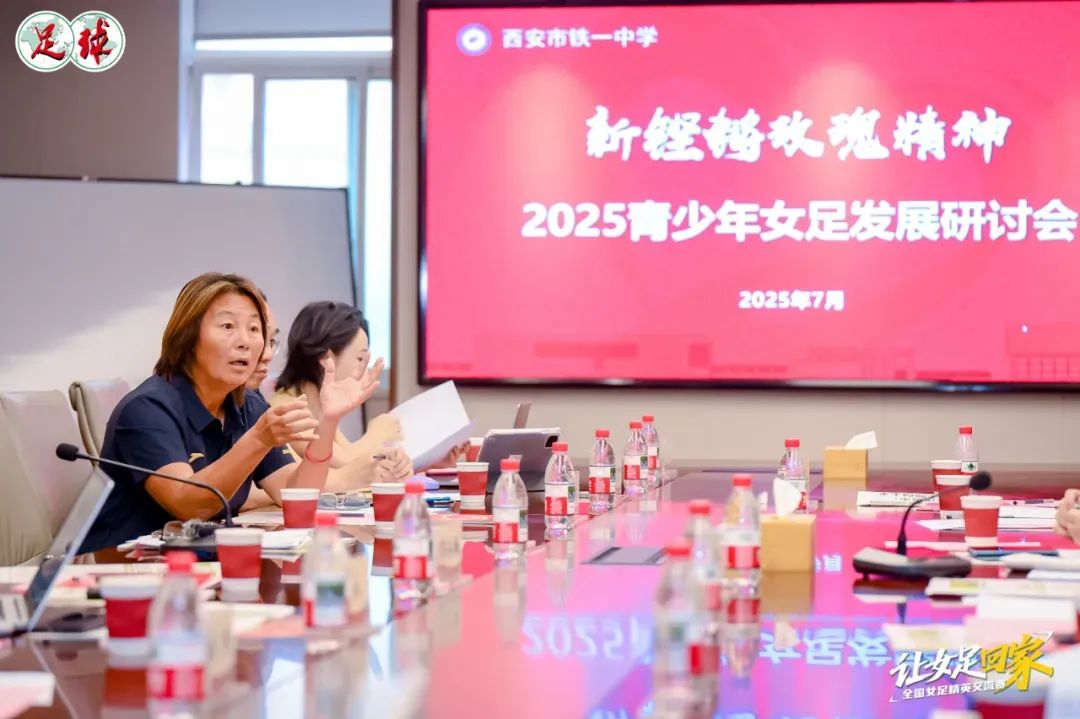
When we integrate education into football, the educational function of football naturally emerges. Gao Hong exemplifies this characteristic: she practiced martial arts, played table tennis and basketball in her childhood, and only transitioned to football and became a goalkeeper in her late teens. She was a guardian of the old women's football team, but her post-retirement story is even more meaningful: studying abroad in the UK and Canada, coaching in the US, she often discusses nurturing talent in interviews, advocating for players to be participants and leaders. This includes her decision to forgo long-term training while coaching the national youth team, opting for two weeks of high-quality training combined with two to three weeks of comprehensive living.
Regarding the future role of education, in Xi'an, we provided two ideas for the future of Chinese women's football development: market and campus. In fact, for the entire Chinese youth football and youth training system, campuses represent a breakthrough direction, establishing football majors at top universities and forming high-level clubs to drive high-quality development of campus football, allowing Chinese youth football to progress on two fronts.
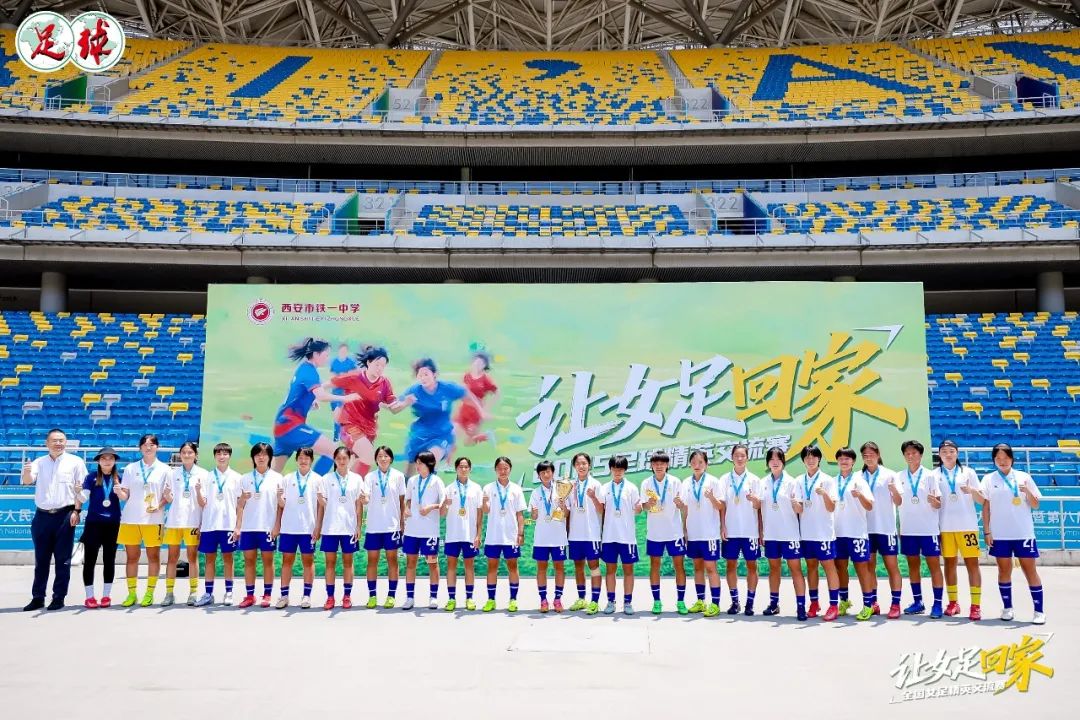

On the 19th, the reporter traveled from Jinan, passing through Nantong, and finally arrived in Qidong. On this day, in a crucial top-of-the-table clash in the "Super League," Nantong defeated Yancheng 2-1 at home. Due to an interview commitment in Qidong, the reporter unfortunately missed watching the match. However, along the way, "Super League" advertisements were ubiquitous, including promotional activities by a jewelry manufacturer in the hotel lobby related to the "Super League."
In Qidong, football is also rapidly developing. The first "Centennial Famous School Cup" held in Jinan in 2024 saw former deputy director of the Qidong Education and Sports Bureau, Shi Chao, conduct a detailed investigation under the bureau's coordination. This year, the director of the Education and Sports Bureau, Lu Haifeng, and Lu Qinghua, a party member responsible for sports, have placed great emphasis on football development, ultimately facilitating the hosting of the "Centennial Famous School Cup" elementary school competition in Qidong.
For this competition, "Football" newspaper conducted comprehensive interviews with the 16 participating elementary schools, covering each school's campus football philosophy, training concepts, class league models, school team models, coaching training and collaboration models, cultural learning models, and more. All of this will not only be a valuable asset for the development of campus football in Qidong but also for the development of campus football across China. In fact, in our newspaper's "Youth China" section, over 300 specialized reports (with more than 200 included in the public account) provide deeper insights.
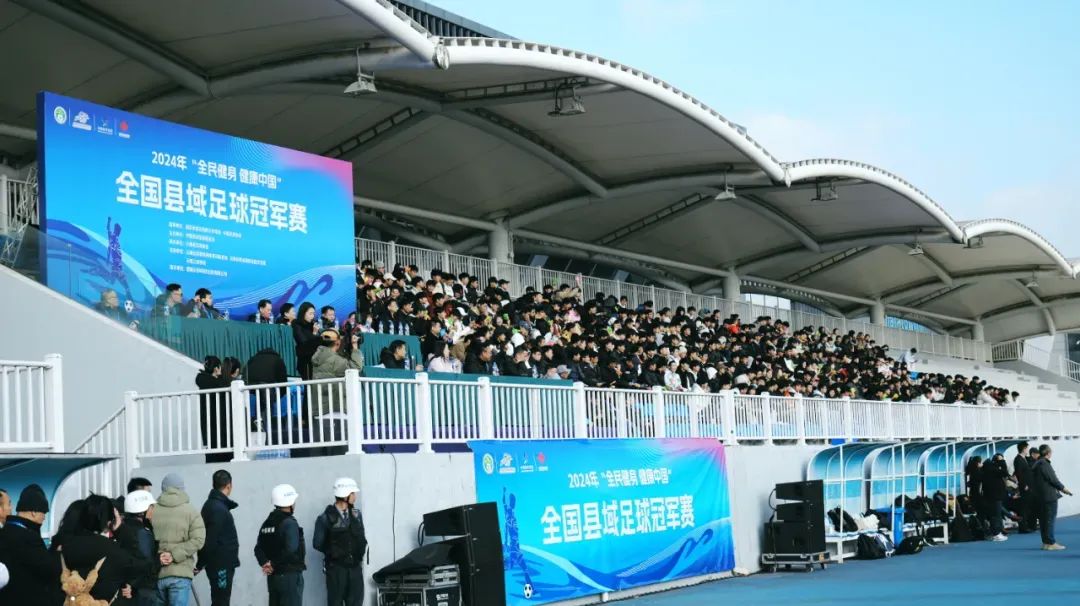
Before the "Super League," there was the "Village Super League," whose popularity needs no elaboration, and this year it has begun hosting a national "Village Super League" competition. One of the participating teams in the Qidong "Centennial Famous School Cup" elementary school competition is Jiulong Primary School from Anyuan County, Jiangxi, where the "Gan Super League" is currently being held. In the first round of the 2025 "Gan Super League," the Ganzhou team won 3-1 at home against Pingxiang, with 21,068 fans attending the match, showcasing the passion and enthusiasm of the people in Ganzhou for football. Guizhou, Jiangsu, and Jiangxi have different economic developments and cultural customs, yet their love for football remains the same.
Moreover, the county-level football projects promoted by the China Football Development Foundation, including county-level adult football and youth football, have swept across various counties nationwide: county-level (adult) football events have rapidly developed from 293 counties in 2021 to 870 counties last year, with expectations to exceed 900 counties this year, covering one-third of the nation's counties. In Xing County, Lüliang City, this year's third "Mountain Flower Cup" Red Revolutionary Old Area County Football Invitational Tournament included not only football teams from Shanxi's revolutionary old areas but also teams from Ping Shan County (Xibaipo) in Hebei, Shaoshan in Hunan, Ruijin and Jinggangshan in Jiangxi, Jiaxing in Zhejiang, and three teams from Shaanxi's old areas.
In Xinjiang, in Yikexake Village, Atushi City, Kizilsu Kirghiz Autonomous Prefecture, football activities began 100 years ago, and now every village plays football; in Yecheng County, the county seat of 170,000 people has eight standard football fields, along with the largest outdoor sports complex in southern Xinjiang, ensuring that "every class has a team, and every school has a field"; in Kashgar City, starting April 8, 2025, the Kashgar City primary and secondary school campus football home-and-away super league will kick off, lasting 11 months, with a total of 111 schools participating and 768 matches scheduled, implementing a home-and-away match system during the week.
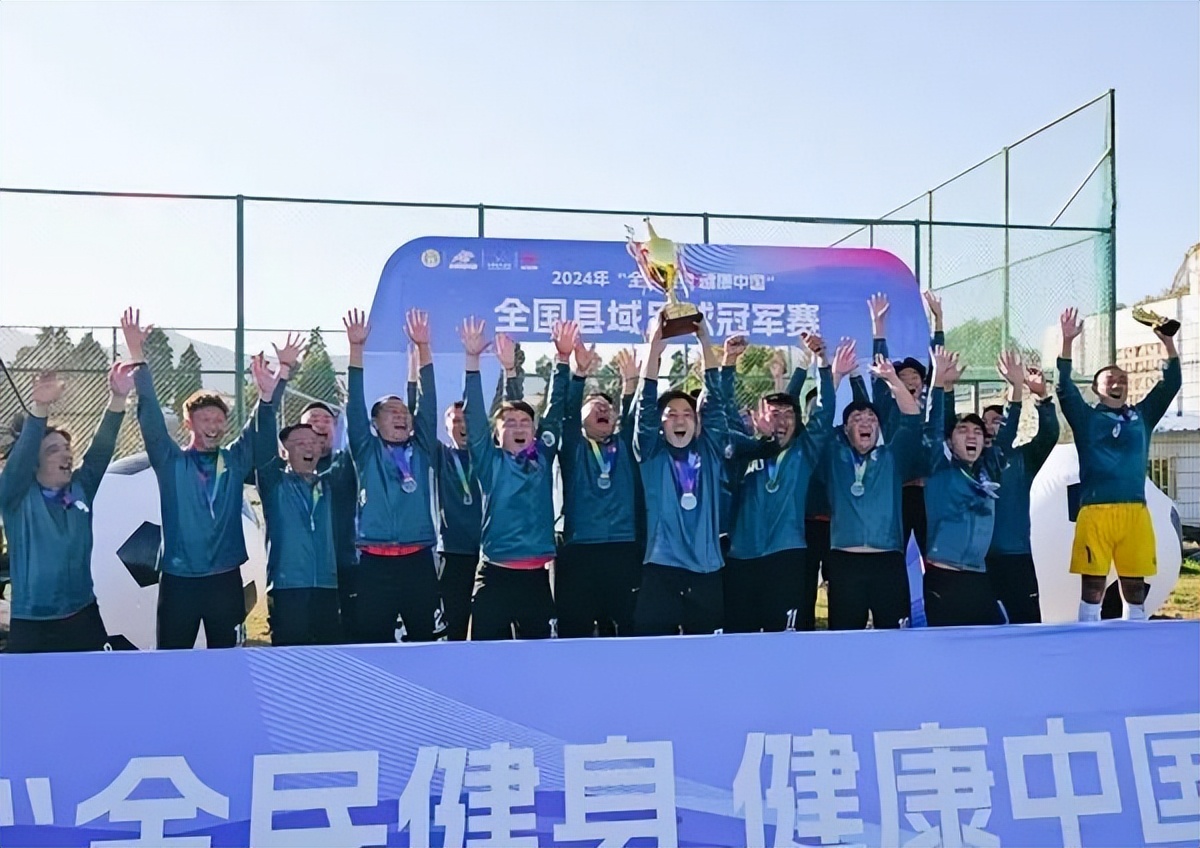
What you know, or what you may not know, whether it is pursued for traffic or temporarily overlooked, grassroots football in China is developing comprehensively.
As is well known, in 2015, the "Overall Plan for the Reform and Development of Chinese Football" was released, and in 2024, the State Council's executive meeting discussed advancing related work for the revitalization and development of football. Over the past four years, the central and national levels have placed great importance on football, leading to rapid development in Chinese youth football.
However, the traction brought by the central top-level design still needs to be combined with the intrinsic driving force at the grassroots level to truly generate the absolute power to promote the development of Chinese football. Currently, this grassroots intrinsic driving force is forming, developing, and expanding. Thus, the combined forces of top-down traction and bottom-up driving forces are exerting a dual effect on the Chinese Football Association, the Chinese Football Federation, the education system, as well as provincial, municipal, and county-level sports bureaus and football associations, forcing them to enhance their decision-making and management efficiency and streamline football development plans, which hopefully will lead to a complete five-tier layout of national, regional, provincial, municipal, and county-level football revitalization, bringing genuine hope for the future of football.
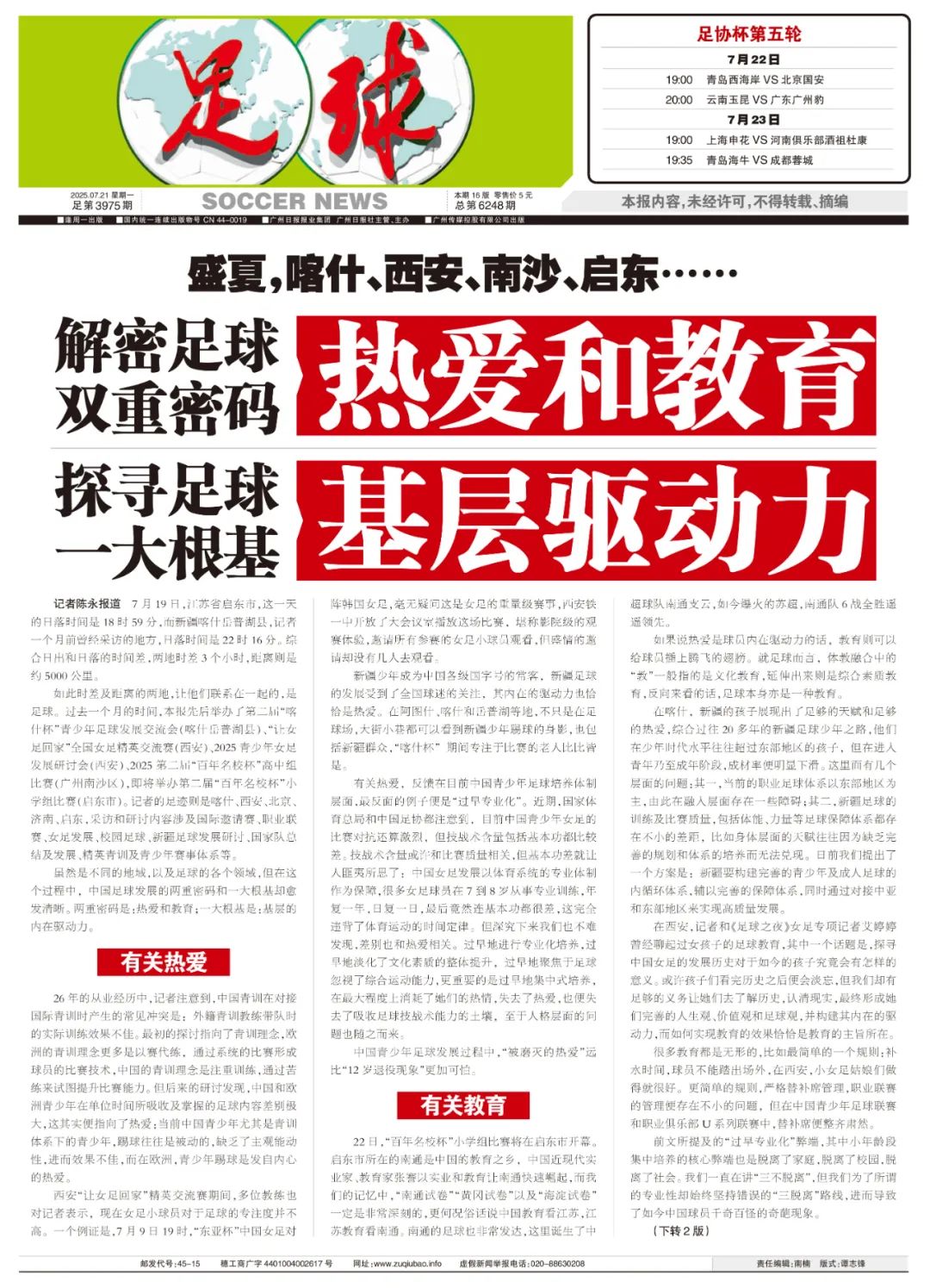










 Links
Links
 Contact
Contact
 App
App


